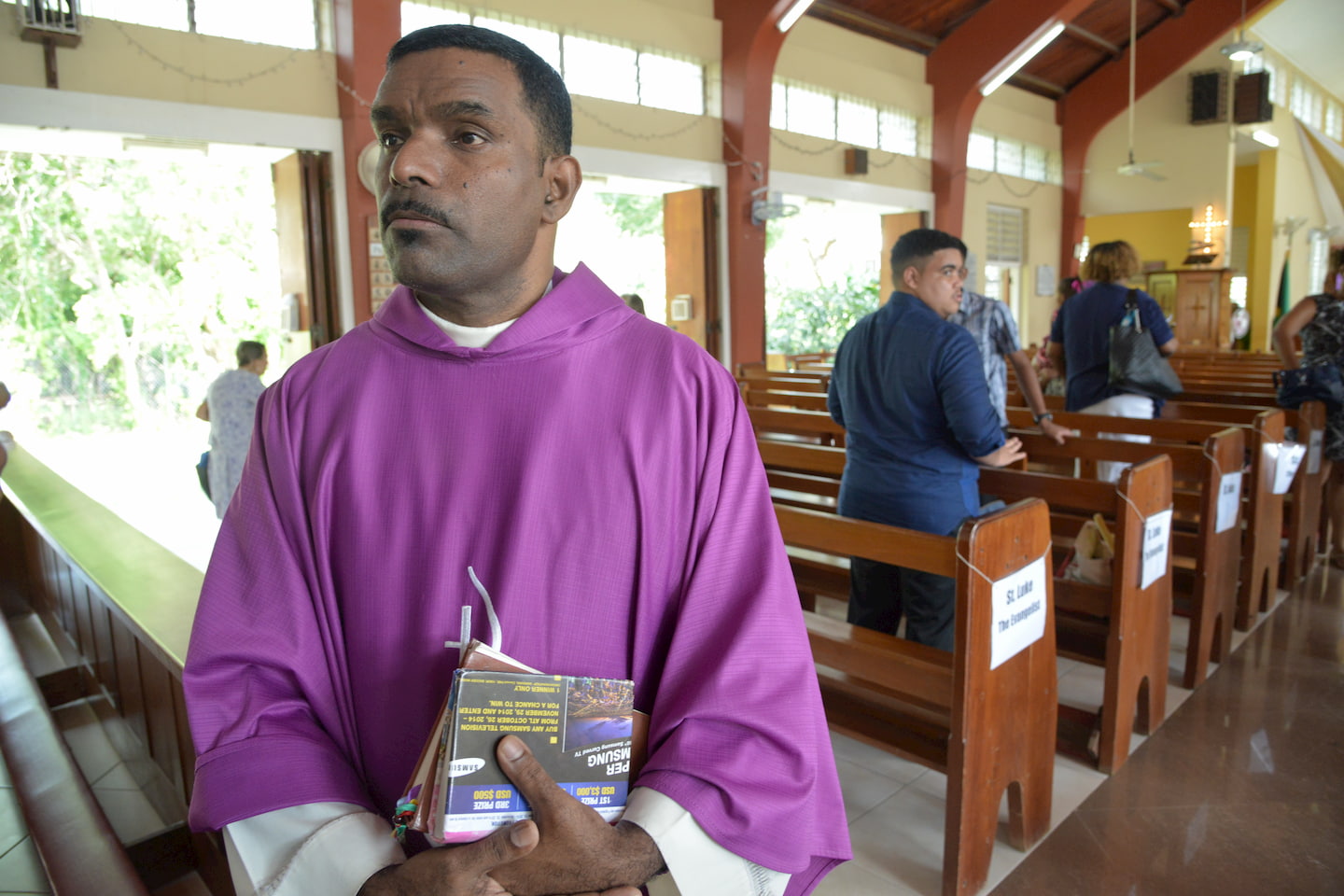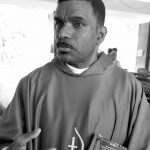On this World Human Rights Day, December 10, 2019, we do well as a nation to take pause and look at what we want to achieve in terms of developmental goals and social justice. It is never acceptable for us to maintain the status quo while any fellow human being is wronged as a result of any deprivation of their human dignity.
Recently, a pastor asked me, “Where do you draw the line between human rights and God’s laws?” His question is a timely one. It represents a concern than many have in religious faith communities. We are often products of our socialisation. This pertinent question provides us with an opportunity to face what, for many, is a legitimate concern.
This may come as a surprise, but many Christians do not realise that in advancing the protection of other religious traditions, they are actually securing the protection of their own religious beliefs and practices.
This is not an easy one to process when we have been schooled to see ‘God’s laws’ as the ultimate source of authority and truth. It may also present a challenge to have to pause and acknowledge that ‘God’s laws’ are informed by faith perspectives, and as such ought not to be imposed universally when there are other perspectives which do not employ the use of these laws as you or I may understand or choose to understand them.
It was a shock for some pastors to hear, for example, my saying that Jamaica is not a theocracy, and that it would never be good for our democracy to consider such a form of government. In fact, a democratic state is best served politically by secular government. A most significant value in secular governance ought to be its preoccupation with protecting the fundamental human rights of everyone without regard for any religious or non-religious bias!
Social justice demands that we advocate for the weak, the vulnerable, the voiceless, and the forgotten.
This may come as a surprise, but many Christians do not realise that in advancing the protection of other religious traditions, they are actually securing the protection of their own religious beliefs and practices. And so, in a country with many bibles, we must now face the challenge of how to do human rights and justice for all.
Social justice demands that we advocate for the weak, the vulnerable, the voiceless, and the forgotten. It moves beyond charity to action for change in the system where there is dislocation, inequity, and unjust structures which prevent access by any group to equal rights and justice.
There are religious groups which, though safe and protected, express concern that they are under attack when the matter of human rights and justice is advanced. This is because of a fear that they might lose the long-held prejudices and bigotry which for too long they have made sacred in the name of their god. Any affirmation of universal justice for all is therefore seen as a threat.
Human rights for all, as a wholesome concept, continues to face much opposition. The illogic is, however, often employed in the name of love for God. Anyway, while we ought to protect freedom of religion, and freedom from religion, we do well to note too that neither of these views is to be imposed on any democratic society.
The table of equal rights and justice must of necessity be a platform for the human rights conversation. The one thing we all share in common is our humanity. How will you be of help at this table if you come with an air of superiority simply on the basis of your religious or non-religious views? How will the conversation make sense if the goal is not equal rights and justice for all?
Human rights for all must be a cherished developmental goal for us in the Caribbean. Good governance is inseparable from the protection of human rights. Legislation should go side by side with public education. It is in the interest of the public good, that people are empowered with awareness around the necessity for a working comprehension of the Universal Declaration of Human Rights.
May we be so convinced about the inherent dignity of every human being, that we become even more motivated to transcend our religious and political corners in the quest for that more evolved humanity.
Father Sean Major-Campbell is an Anglican priest, public theologian and advocate for human rights.
Viewpoints is committed to expanding its range of opinions and commentary. Share your views about this or any of our articles. Email feedback to viewpoints@gleanerjm.com.







